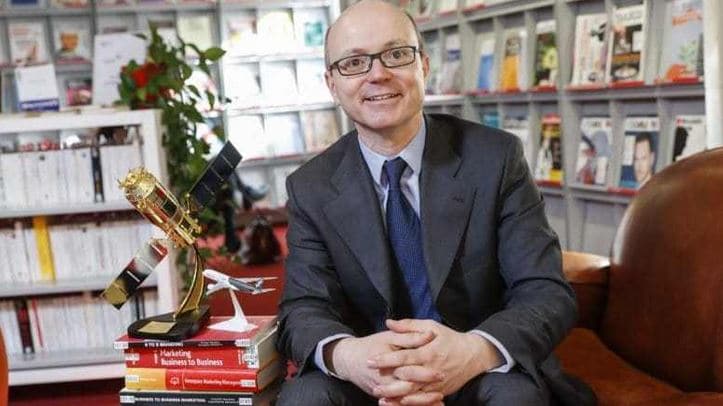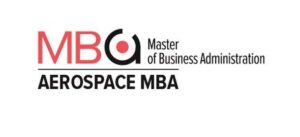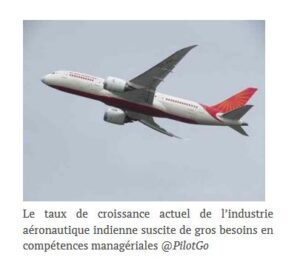Holder of a PhD in marketing research and professor specialised in the aerospace market, Christophe Benaroya is now head of the MBA Aerospace at Toulouse Business School. During this interview, we wanted to ask him questions about the training course he leads and especially about the concerns of a partnership between the Indian aviation industry and the school based in Toulouse.
Christophe Benaroya will attend the conference organised by the Indian Institute of Management in Bangalore, TBS and the Excellence Club Aerospace on September 25th. The event’s topic: “How to do business with India?”.
In an aerospace city like Toulouse, the presence of an Aerospace MBA appears almost normal. The origins of this training course, however, highlight the existence of a real need. Can you tell us more about this need?
“The TBS Aerospace MBA was gradually implemented at the end of the 1990s, in consultation with the industry. At the time, the city of Toulouse shone with its excellence in aeronautics and had already brought together major European entities such as Airbus, ATR, Thales or the CNES. Despite the existence of a strong technical know-how in the Toulouse region, the latter regret a lack of strong managerial skills in the aeronautics sector, as well as an international openness. It is therefore under the impetus of these companies and TBS that the MBA Aerospace was set up, with a specific mission: training experts in management for the aerospace industry, while opening the training course to foreigners. ”
In 2018, the initial need at the origin of the training course is more than ever present. Stimulated by the increase in number of passengers transported each year, our aerospace industry takes advantage of a phenomenal growth rate. The arrival of new economic models such as those of low-cost companies further reinforces the need to train skilled and specialised managers.
What types of profiles do MBA Aerospace promotions consist of?
“The main interest of the training course lies in sharing of experiences between students. We know that the people we train need to have already dealt with more or less complex managerial situations in order to benefit from our taught program. These components of their career have aroused the desire to enrol for a management training course adapted to the aerospace industry. By understanding the difficulties encountered by our students, we are able to provide them with the appropriate advice. For these reasons we only welcome professionals with at least five years’ experience in aeronautics – the average of the participants’ experience is actually more than 12 years. ”
A few years ago, the MBA Aerospace began working with India. Many Indian students join the training course every year. What are the foundations of such a partnership?
“The first meeting with players from the Indian aviation industry took place It was during an aviation exhibition in Germany. Our roads crossed well, which allowed us to realise that the aviation industry based in India came to the same conclusion as their Toulouse counterparts in the late 90s: a lot of technical skills, but a lack of managerial skills. The international opening of the aeronautics industry in a nation in full emergence was also part of the motivations which led to the creation of a partnership between TBS and the Indian aerospace companies in 2013”.
In 2018, India is undeniably one of the major emerging aerospace powers. How does this translate on the spot? What is your view on the future of the aviation industry in this country?
“The aeronautics and space market is booming in India. Subcontractors in the sector are recruiting “en masse”, thus reinforcing the need to train management experts in the aerospace sector. It therefore seems that the future looks promising for the aviation industry of this former British colony. However, it will be necessary to mobilise the capacity of local entities to maintain a balance between technical skills and managerial skills in order to ensure a durable growth. In summary, the Indian market is opening up and many promising collaborations are already taking place between the European and Indian ecosystems ”
Collaborating with Indian companies is a promising opportunity for European aerospace companies: India has nearly 7.5 million jobs related to aerospace activities. With a passenger traffic that has doubled between 2010 and 2017, forecasts predict that the country will become the world’s third-largest airline market by 2026.
Interview by Loïck LAROCHE-JOUBERT
Headline Image: Toulouse Business School







Be the first to comment on "Interview with Christophe Benaroya, director of the Aerospace MBA at Toulouse Business School"